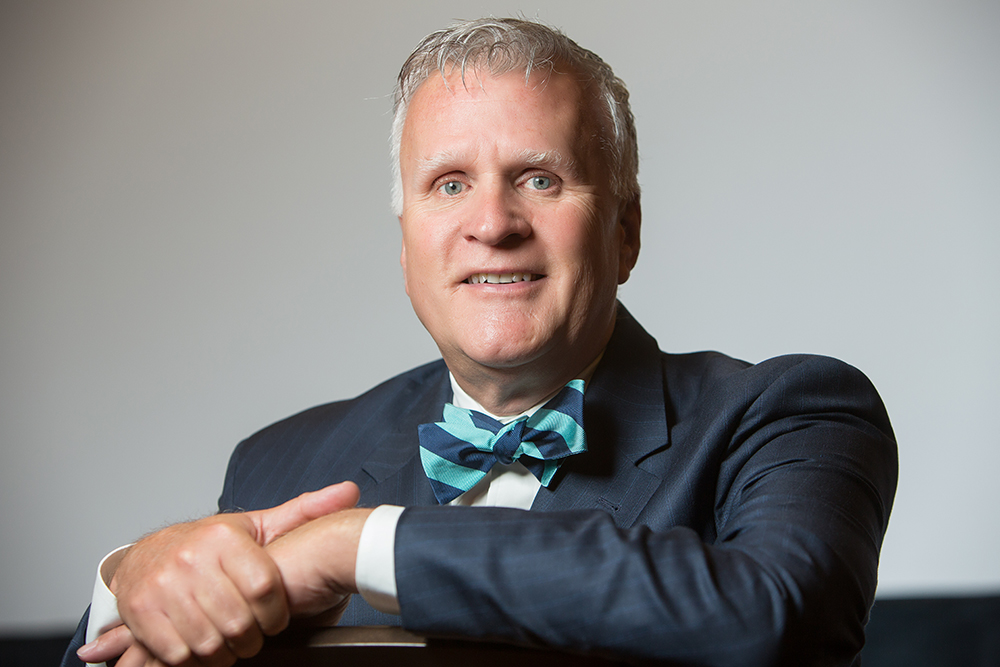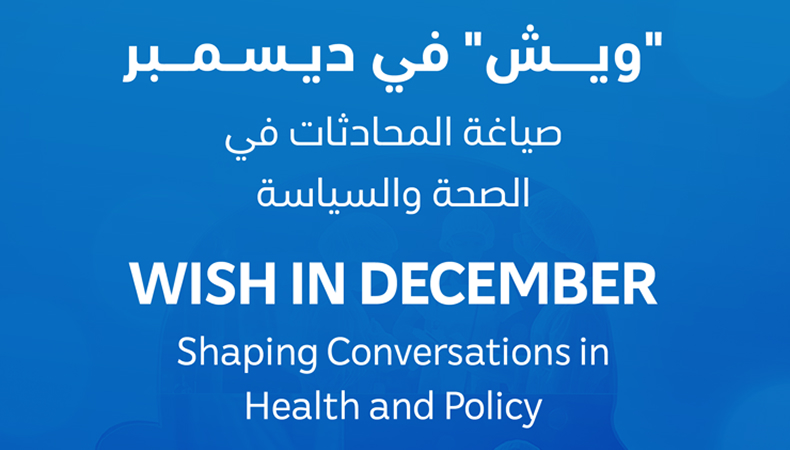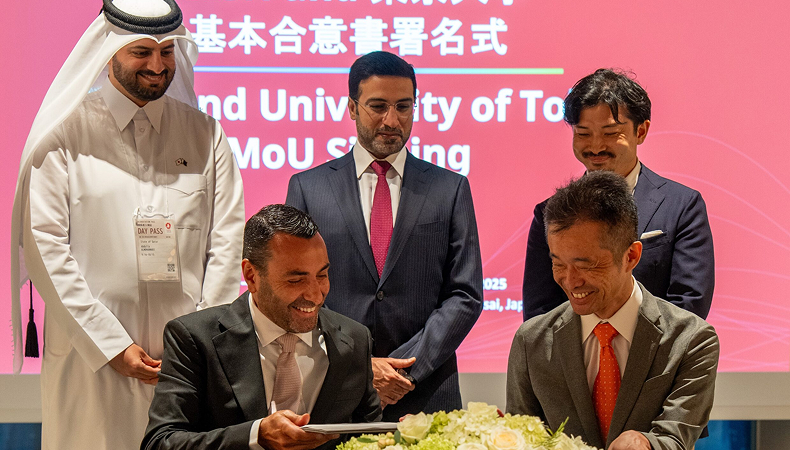Safety and Quality at Sidra, A Hospital With a Mission

Later this year, Sidra Medical and Research Center will open its children and maternity hospital in Qatar.
Sidra is no ordinary hospital. On its website, the institution describes itself as an “all-digital academic medical center which will set new standards in patient care for women and children in Qatar, the Gulf region and internationally.”
Those standards, as noted by Dr. Timothy B McDonald, the Medical Director for Quality and Safety at the hospital, are indeed ground-breaking.
“One of the design principles Sidra has adopted in collaboration with its partners at Hamad Medical Corporation — which is fairly novel for the Middle East — is that we intend to constantly pursue zero patient harm, and high reliability in all we do,” said McDonald, currently a professor of anesthesiology at Weill Cornell Medical College. “That is a relatively new principle, adopted years ago in the aviation industry, to be explicitly pursued in health care, particularly in this part of the world. Even in parts of the U.S. and the U.K.”
Sidra’s proactive approach to medical care will essentially put a rigorous safety and quality plan in place before the institution sees the first patient this year — setting a precedent that may have reverberations across the industry.
The mechanisms facilitating the plan will be part and parcel of a vast cultural shift across the medical practice, involving a standardised, sector-wide approach, according to McDonald, who also chairs the Anesthesiology department at Sidra.
According to a report disseminated at the World Innovation Summit for Health (WISH) and authored by Dr. Peter Pronovost, Alan Ravitz, Robert Stoll, and Susan Kennedy, the urgency to make these changes increased as the industry developed: despite the trillions of dollars of investment, preventable harm continued.
Rather than view this sort of harm as “inevitable,” the report advocates an interdependent approach across various systems, and “change in mental models that must be made by the global healthcare community, to continuously improve patient safety.”
Numerous concepts in the seminal report were drawn upon by the Safety and Quality team at Sidra, according to McDonald. Among these concepts: that policy and regulation must be put into place to maintain safety standards; that patient safety become a core principle of a hospital’s culture; that leadership is an integral part of the success of such a strategy; that education must help foster the culture; a continued focus on transparency, the use of technology and the utilisation of metrics; the belief that patient safety is “sustainable” and achievable; and finally, that patients and their families serve as “actors” in the initiative.
“It comes down to saying, from the get go, we will be designed to pursue high reliability,” McDonald said. “It’s a comprehensive set of tools to patient harm, that includes learning everything about an organisation that may be unsafe or may have gone wrong, understanding it, investigating it, making process improvement and being transparent throughout.”
Underpinning the cultural transformation is CANDOR — an acronym for “Communication and Optimal Resolution,” McDonald says. The scheme was validated at 14 hospitals and three health systems in the United States prior to submission to the Agency for HealthCare Research and Quality, he added.
The doctor was one of the architects of the initiative along with a group of researchers from the Harvard School of Public Health, the University of Washington, the University of Michigan, Northwestern University, and the University of Illinois. Funded by the the Agency for Healthcare Research and Quality in U.S., it’s now being shared through WISH and has reached Bangalore in India as well as Abu Dhabi in the United Arab Emirates.
“Cultural transformation has to happen before you can begin to really seriously pursue this zero patient harm and higher reliability,” McDonald said. “You create [CANDOR] as a foundation upon which you do a lot of the other things. It involves taking an organisation and making it transparent, and one where we effectively communicate across all levels.”
Investing in top quality health-care now will almost certainly reap rewards down the line, McDonald said, particularly given lower oil prices and its negative effect on the Qatar economy.
Considering these new economic realities, “it’s now triply important that we provide healthcare that’s high quality and safe. Unsafe health care that’s not of a high quality costs a lot of money,” he said. “Investing now in creating a super safe, highly reliable healthcare approach across the country will have major dividends going forward.”
Last year, WISH showcased its research and development programmes at the fifth International Congress on Patient Safety in Bangalore, India. During the event, in a WISH panel session titled ‘The Sector-wide Importance of Patient Safety’, Dr McDonald highlighted the health systems research outcomes related to patient, family and provider engagement.
“Patient safety is a key focus for WISH. When Dr McDonald presented in India the crucial issue of getting the communication right between providers and patients or their families he had a profound impact on the audience. His talk moved them deeply,” said Egbert Schillings, CEO of WISH.
Sidra, whose chairperson is Her Highness Sheikha Moza bint Nasser, will be one of the first hospitals in the Middle East to lay down the initiative from the onset of the opening of the facility. Work on the programme has been ongoing for months, and researchers have already started the process of “simulation,” which involves testing the methodology on mannequins and fake patients to ensure its success. Think of it as a medical trial-run.
Other hospitals have taken notice: in Qatar alone, the Sidra Quality and Safety team has collaborated with Hamad Medical Corporation in their quality, patient safety, and accreditation efforts.
“With our partners we’re spreading this safety culture throughout the country and even in the region,” McDonald said, noting his participation in an Abu Dhabi conference on healthcare safety and the interest it generated. “All eyes will be on us when we begin to see our first patients. It’s going to be an enormous opportunity to make a huge contribution to healthy care in Qatar.”
المزيد أخبار

يشارك ويش في حوارات خبراء حول الصحة والسياسات والرفاه في شهر ديسمبر
اقرأ أكثر...
مؤتمر “ويش” وجامعة طوكيو يوقعان مذكرة تفاهم محورية لتعزيز السياسات الصحية العالمية خلال معرض أوساكا إكسبو
اقرأ أكثر...
ويش يقود جهود التحرك لمكافحة أمراض القلب والأوعية الدموية خلال القمة العالمية للقلب 2025
اقرأ أكثر...